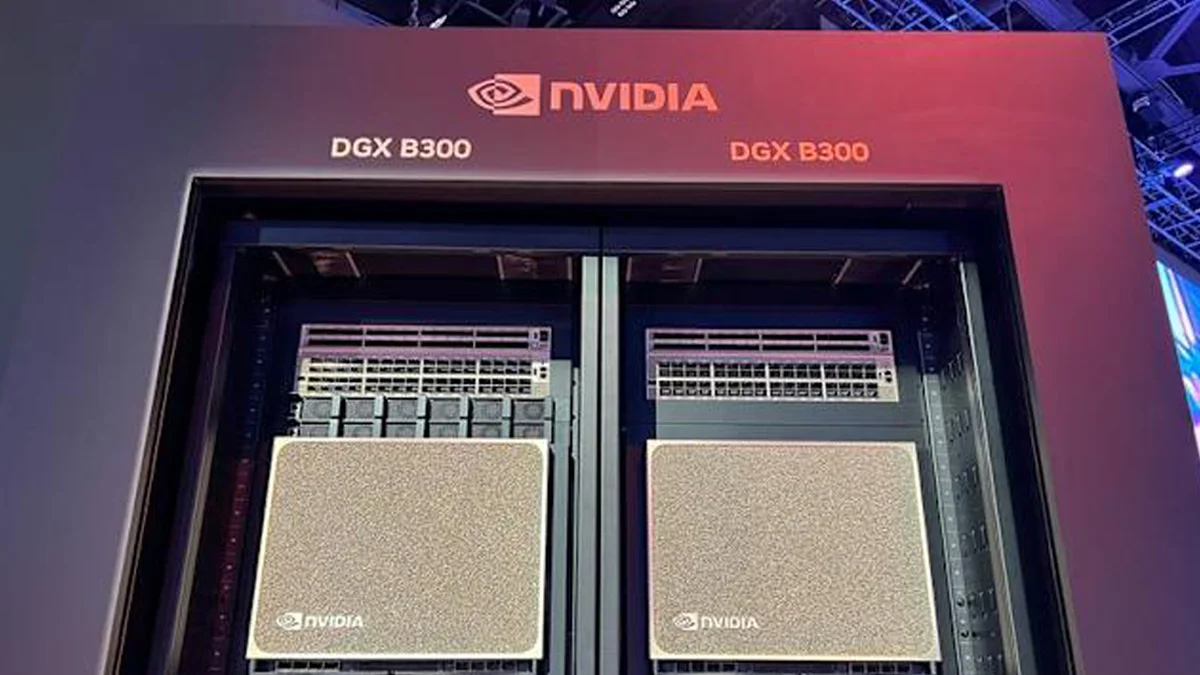Necessary Always Active
Necessary cookies are required to enable the basic features of this site, such as providing secure log-in or adjusting your consent preferences. These cookies do not store any personally identifiable data.
|
||||||
|
||||||
|
||||||
|

A lawmaker in the US has announced plans to introduce an Nvidia chip smuggling bill to facilitate verification of location of AI semiconductors once they are sold.
According to Reuters, efforts to track US-manufactured chips attracted bipartisan support from members of congress. Such efforts are aimed at addressing rising Nvidia chip smuggling to China against provisions of US export control laws.
US Representative Bill Foster is set to introduce the chip smuggling bill in the coming weeks. The bill is expected to guide regulators into developing rules for tracking chips to ensure they are in authorized locations based on export control licenses. The new law would also allow regulators to prevent such chips from booting up in cases where they are not licensed properly.
Foster, who has experience in the design of different computer chips, says the technology needed to track semiconductors after they’ve been sold is readily available. The Illinois Democrat said most of this technology is in-built into Nvidia AI chips, an observation that other technical experts agree with. He also says credible reports on large scale chip smuggling already exist. Some of these reports are yet to be disclosed publicly.
“This is not an imaginary future problem. It is a problem now, and at some point we’re going to discover that the Chinese Communist Party, or their military, is busy designing weapons using large arrays of chips, or even just working on artificial general intelligence, which is as immediate as nuclear technology,” Foster said.
Nvidia chips are important components in the development of AI systems like image generators and chatbots. Both the Biden and Trump administrations have progressively tightened exportation of these chips to China. However, news outlets have reported that some of these chips have continued to enter China. Nvidia has also claimed that it’s challenging for it to track its products once they’ve been sold.
Keeping AI chips from booting up when their licensing under America’s AI chip export controls is off would be more challenging to implement. However, Foster argues that time is ripe to commence conversations about the issue.
“We’ve gotten enough input that I think now we can have more detailed discussions with the actual chip and module providers to say, ‘How would you actually implement this?” he said.
Experts say that chip tracking will give a general location of AI chips, which includes the country. However, this information outweighs what the US Bureau of Industry and Security (BIS) in the US holds currently. The BIS is the arm responsible for enforcing chip export restrictions within the Commerce Department.
“BIS has no idea which chips they should be targeting as a potential high priority to investigate once they’ve gone overseas. With location verification, they now at least have bucketed the set of chips that are out there in the world into ones that are very likely to not have been smuggled and ones that warrant further investigation,” Former Director of Emerging Technology at the Institute for Progress, Tim Fist said.
Both Democrats and Republicans hold a common view on the need to track American AI chips. The chip tracking bill has already received bipartisan support in congress. According to the Chairperson of the House Select Committee on China, Republican Representative John Moolenaar, the bill has received strong support from both sides.
“The Select Committee has strong bipartisan support for requiring companies like Nvidia to build location-tracking into their high-powered AI chips — and the technology to do it already exists,” Moolenaar said.
The chip location verification technology will depend on communication between semiconductors and a secured computer server. The verification process will utilize the time taken to transfer signals to the chip location. This concept relies on the knowledge that computer signals move at the speed of light.
Ranking member of the same committee, Democrat Representative Raja Krishnamoorthi said, “On-chip location verification is one creative solution we should explore to stop this smuggling.”
Chip smuggling evolved significantly following the emergency of DeepSeek early this year. According to SemiAnalysis, this Chinese-made AI system was developed using American AI chips, even with the Nvidia China export ban in place.
DeepSeek presented a new challenge for American-systems like ChatGPT. The government of Singapore has charged three Chinese nationals for fraud in a lawsuit involving servers that allegedly contained Nvidia chips.